|
It is to organ works composed with the English Cathedral in mind we go this Sunday morning. Composer George Oldroyd served as organist at St. Alaban's Church, Holborn and St. Michael's Church, Croydon, both Anglo-Catholic parishes in the Church of England. His first of the triptych Three Liturgical Improvisations, a musical expression of Psalm 84, verse 2 ("My soul hath a desiring and longing to enter the courts of the Lord") will be heard at the Prelude. During communion at 9:00 a.m., Anglo-Canadian organist and composer Healey Willan's setting of Orlando Gibbon's late-Tudor era tune Song 1 will be offered. The tune can be found in The Hymnal 1982 (Episcopal) with the communion text "Thou, who at thy first Eucharist didst pray." For the Postlude, Healey Willan's majestic voluntary Postlude in D will conjure images of a grand cathedral procession out into the world at service's end.
During the 11:00 a.m. communion, the Chancel Choir will offer Jesus Took the Cup, a Hal Hopson arrangement of the Scottish tune The Lichtbob's Lassie with a text paraphrase of 1 Corinthians 11.24-26, also by Hopson. The anthem will be conducted by choir member Amy Welsh and the solo sung by our new soprano choral section leader Blair Carpenter. Blair cantors regularly at the 6:00 p.m. services and has sung many times with the Chancel Choir this past year. We are fortunate that she has agreed to be the newest addition to the Choral Section Leader Program, welcome! As has become custom the first Sunday of each month, the 6:00 p.m. service will offer a contemplative tone for prayer, reflection, and a meditative ending to the day. Harpist Alaina Borgers, cantor Blair Carpenter and pianist Bobby Brannock will offer music to assist you along the way.
0 Comments
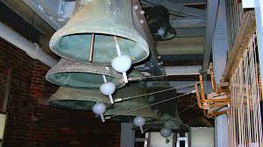 The morning services will ring in Jubilee Sunday with two organ works based on the bell tones of the carillon. Leo Sowerby's composition Carillon (1917) utilizes the chimes and celesta on the organ while also employing rhythmic figures reminiscent of clanging bells. Sowerby, often called the "Dean of American church music" in the early to mid-20th century, was a prominent organist and a Pulitzer Prize winning composer for his cantata Canticle of the Sun (1946). In contrast is the postlude by William Albright, Carillon-Bombarde (1985). A contemporary and at times dissonant interpretation of a ringing carillon, bombarde refers to the big reed stops that enter near the work's grand ending. The Chancel Choir resumes its musical offerings at both the 9:00 a.m. and 11:00 a.m. services this week with the traditional Irish tune SLANE, Be Thou My Vision, arranged by Dan Forrest. Jubilee Sunday continues at the 6:00 p.m. service with the sounds of dixieland! Bobby's guests will include a brass ensemble of trombone, trumpet, and tuba (yes, must have more tuba!) plus banjo player Josh Beard and cantor Blair Carpenter. This promises to be a spirited slice of Americana...come on back! Join us this Sunday at 10:00 a.m. for the annual summer Hymn Sing! You'll have the opportunity to select your favorite hymns or perhaps even play the role of a worship planner for an hour and program hymns based on the scripture reading Proverbs 9:1-6, which extols the virtues of wisdom. We hope to see many of you then.
For the Prelude, violinist Katrina Nelson and pianist Judy Leatherman will offer the "Allegro" from Mozart's Violin Concerto No. 3 in G Major, composed in 1775, while only 19 years old. Consider arriving a bit earlier Sunday to hear this sprightly little excerpt. On the organ, we'll hear German Baroque composer Johann Walther's chorale prelude on "Lobe Den Herren" (the tune for hymn 22 "Sing Praise to God, Who Has Shaped" from The New Century Hymnal). Walther was a composer of 132 chorale preludes for the organ and 14 concerto transcriptions, which served as the model for the concerto output of his famous composer cousin, J.S. Bach, Walther also wrote the first music and musician dictionary in the German language, Musicalisches Lexicon (1732). Very suitably, a fughetta (a short fugue) on the hymn "When in Our Music God Is Glorified" by composer Richard Proulx will end this very music-centric morning service. At 6:00 p.m., Bobby will be joined by vocalist Blair Carpenter, guitarist Alan Skowron, and bassist Peter Strening as they lead you in song and share their musical talents. 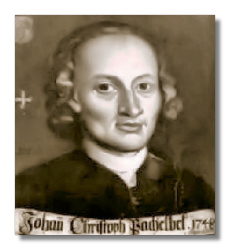 The Summer Choir returns for their last appearance this season offering Hal Hopson's arrangement of the infamous Pachelbel's Canon at the 10 a.m. service. Entitled "Canon of Praise," the text is adapted by Hopson from Psalm 103. Hal Hopson has been a fixture of sacred choral music for decades. He excels at arranging and composing accessible choral anthems of fine quality and it was a privilege to have met him at the church music workshop Hal and I attended this summer in Texas. Johann Pachelbel (1653-1706) was a German composer, teacher, and organist who achieved great popularity in his lifetime. His composition style utilized simple and transparent counterpoint with an emphasis on harmonic and melodic clarity. His chorale prelude on the early Lutheran hymn by Johann Agricola, “Ich ruf’ zu dir, Herr Jesu Christ” (I call to you, Lord Jesus Christ) begins the service. Pachelbel had two sons who also followed in his musical footsteps. Charles Theodore Pachelbel (1690-1750) became one of the first European composers to reside in the New Colonies, settling in Charleston, South Carolina. Very little of his works survive, just including a few vocal and choral pieces. The oldest son, Wilhelm Hieronymus Pachelbel (1686-1764), has six surviving works, all of them written for the keyboard. Half of the remaining music was influenced by the emerging Classical style of the time. This Sunday, we'll hear his "Toccata in G Major," reminiscent of his father's Baroque contrapuntal leanings, at the postlude. 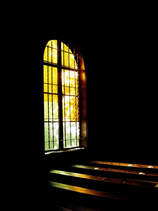 Sunday morning worship is ushered in by William Bolcom's "Sweet Hour of Prayer," the second piece in Book Four of his Gospel Preludes (1984). This gentle setting, based on the 1849 hymn tune by blind English preacher William Walford, is reminiscent of Max Reger's highly chromatic and polyphonic compositional style. During communion, violinist Harmony Tucker and I will present the "Adagio" from Brahms' Violin Sonata No. 3 in D Minor, Op. 108. The sonata was composed between 1886 and 1888 and was the last of Brahms' violin sonatas. It was dedicated to his colleague and famed conductor/pianist/composer Hans von Bulow. A setting of of the closing hymn,"God of Grace and God of Glory" (the Welsh tune Cwm Rhondda) will follow as the postlude by Paul Manz. Bobby and vocalist Blair Carpenter will lead a contemplative service at 6:00 p.m. Meditative piano arrangements by Bobby and an excerpt by composer Pyotr Tchaikovsky will help you to center and be open to the Spirit in this prayerful worship service. Mark Heiskanen Director of Music |
Details
|
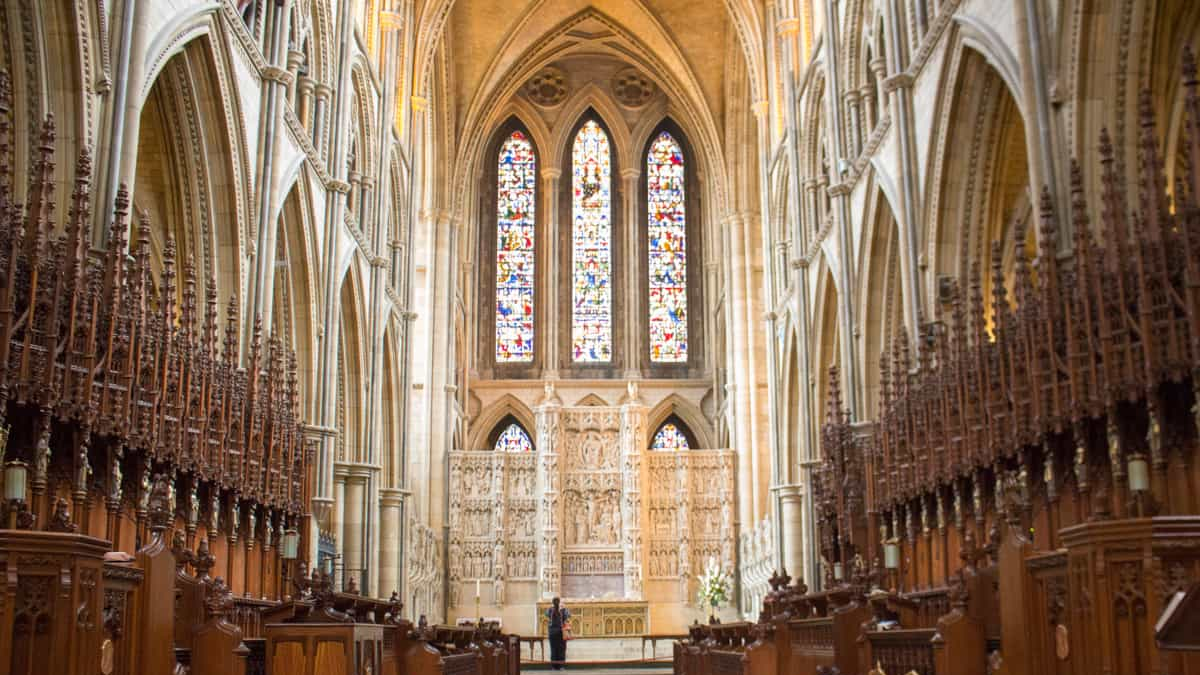
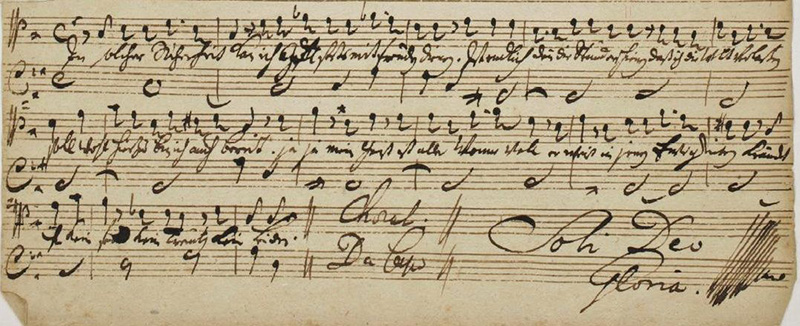
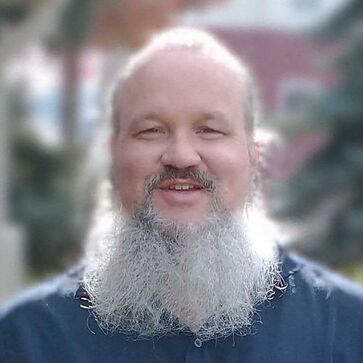
 RSS Feed
RSS Feed